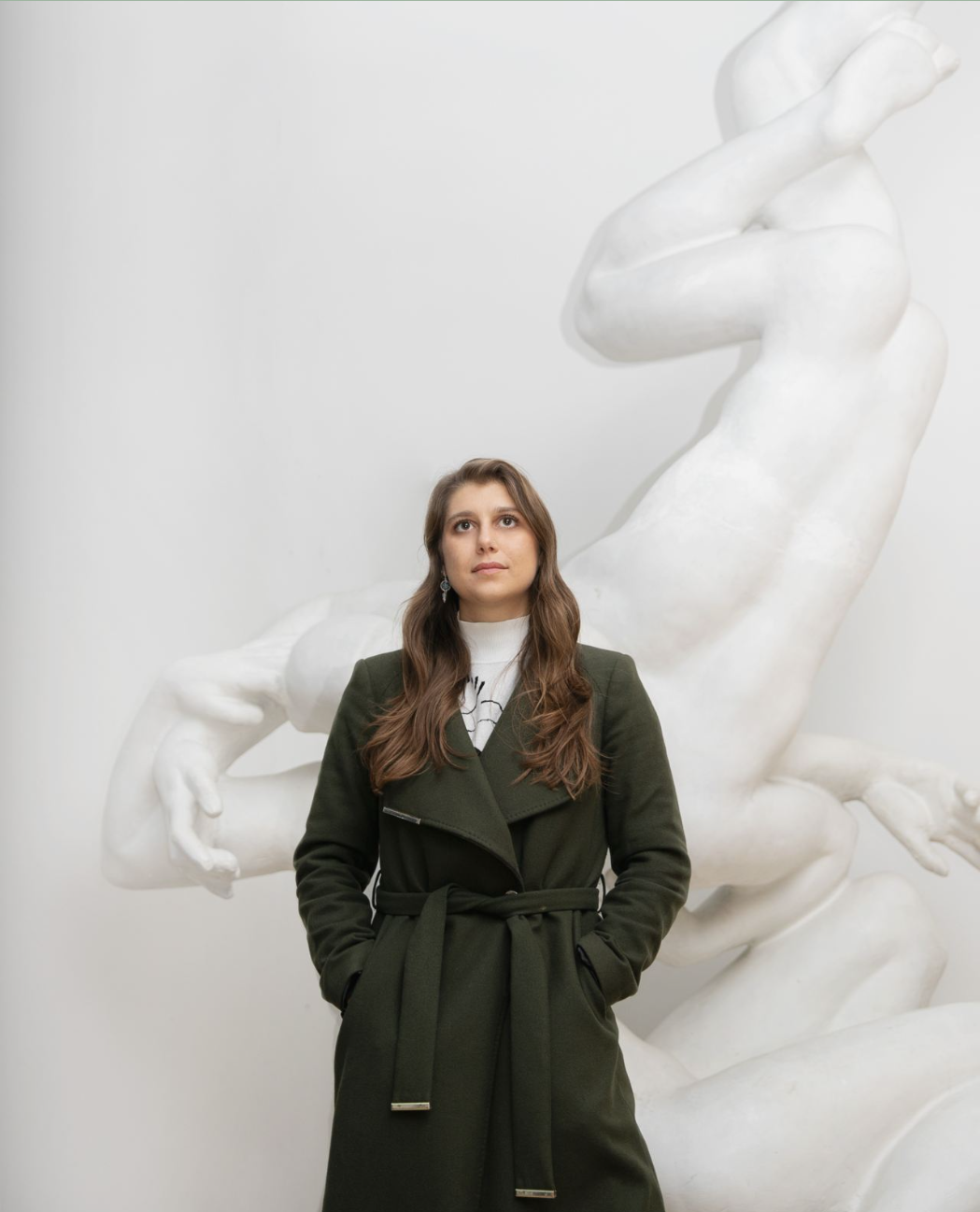Fra international studerende til en karriere i Danmark: Fritid, flekstid og fladt hierarki
Hvordan tiltrækker man som virksomhed internationale dimittender fra universitetet? Hvorfor er en karriere i Danmark attraktiv? Og hvad gør Aarhus Universitet for at hjælpe internationale studerende med at lande drømmejobbet i Danmark? Cand.mag. i European Studies fra Aarhus Universitet, Lilia Prelević, deler sin vej fra studie til job.

What made a career in Denmark attractive to you?
Initially, I was attracted by the great work/life balance that most employers offer. Danish working culture is much more relaxed and flexible than British working culture, with “flextime” being very popular. Employers here really see their employees as people and not just workers, and therefore respect that they have a life outside of work, which may mean leaving early some days and working late on others. I also really liked the idea of a the “flat hierarchy” and the fact that communication between employees and their managers can be very open and quite informal. I'm a very independent and relaxed person, so this kind of working environment seemed like a perfect fit for me!
Secondly, Danish salaries are very high (especially in comparison to the UK!). Even though the tax rate here is also quite high the services you get in return make it more than worth it, and you are still left with a very reasonable sum post-tax due to the high starting salary. I felt that starting my career in Denmark would allow me a higher standard of living than many other countries.
How did you get in touch with your current employer?
I saw the job advertised on LinkedIn. It’s very common for Danish employers to use LinkedIn as a recruitment tool, and many positions are only advertised on LinkedIn, as mine was. The post asked that we send our applications via email directly to the hiring manager, which I really liked as it reflected the informal and direct communication style I mentioned previously.
What is your best advice for companies who want to attract international students and graduates?
Make sure to advertise jobs on platforms that internationals are likely to check! I only knew how important LinkedIn is here as I participated in the HEADSTART career programme run by Aarhus University and Studenterhus Aarhus. Many of my international friends weren’t aware of this and were mostly looking for jobs on websites such as workindenmark.dk, as they knew these jobs would be international-friendly.
What was your biggest challenge in getting a job in Denmark?
My biggest challenge was writing a ‘Danish style’ cover letter. Danish employers generally want to hear more about your personality in a cover letter, as they can see your qualifications and work experience in your CV. This could include things such as the reason you chose to move to Denmark, or what kind of atmosphere you work best in. I found this to be a little difficult, as it felt almost informal to be telling a bit of my life story. However, I now realise that it’s because employers want to get a sense of who you are in order to see if you would fit in well with the rest of the team.
How did Aarhus University support you in pursuing a career in Denmark?
Aarhus University offered the HEADSTART career programme, which really helped me to understand the Danish job market. They ran workshops to help with CV and Cover Letter writing, and also explained the importance of networking and using LinkedIn to make connections and search for jobs. On top of this, they explained how unions, a-kasse and the jobcentre system worked, so I knew where to seek further support with job seeking after I had finished studying.
Mere information
Vil din virksomhed eller organisation i kontakt med internationale studerende fra Aarhus Universitet?
Kontakt Dorte Føns, Projektleder, Internationalt Center, Aarhus Universitet
Mail: dfs@au.dk
Tlf: +45 51 33 52 74